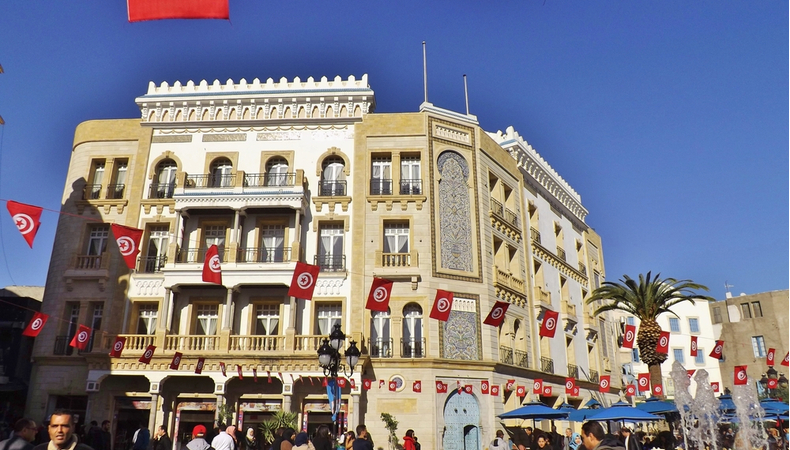In Tunisia families are hiding the dead and the sick in their homes

“The Tunisians hide to die.”This shocking sentence from the Tunisian general health director gives the sense of the crisis in the small North African Republic: just over 540 thousand infected, for about 17,500 victims. But now, the national health authorities themselves cite different numbers, estimating that, since the beginning of the pandemic, out of about 12 million people, at least 4.5 million have contracted Covid with over 21 thousand victims.
Of these, a fifth was not accounted for with certainty because it was never “intercepted” by the health system. In part also complex reasons of “sanitary silence”: in practice, for fear of the sick themselves of not dying far from their loved ones in a hospital or for the willingness of family members to give them assistance and dignified burial. According to the dictates of religion, tradition, human piety.
Because health protocols help save the body, they do not cure the emptiness of the soul that the pandemic is generating in millions and millions of people. Itis clear that the afterthought isas follows:
• Public hospitals are collapsing.
• The seriously ill coronavirus patient is a hopeless convict.
• He might as well stay at home.
Today it is estimated that in Tunisia, the contagion rate is 800 people per 100 thousand. Day after day, the spread of the virus consolidates on 30 percent of the swabs carried out—an enormity. The infection becomes complicated in 5-10 percent of cases. The deaths at home are ascertained by civil protection or by family doctors: in most cases, the deaths are classified as cardiac arrests, probably – this is the doubt of the central authorities – for the interest of local health workers to cover their shortcomings.
Meanwhile, the black market for home oxygen cylinders is fattening. While tragedy reigns, some rub their hands, as always happens in all wars. And this is a war fought without the proper weapons. As a result, the vaccination campaign fails to get into the right gear. Since its start in mid-March, the engine has stalled: 2,304,472 people have received one dose and 755,428 both doses. An increase in the administration should take place in the next few days. The ministry assured, also due to numerous donations of amounts received from friendly countries.
Last Friday, the first Italian ship loaded with aid donated by the Italian Cooperation arrived from Naples at the port of Rades in Tunis: five containers containing lung ventilators, protective masks, gloves, surgical gowns, and sanitizing gel. While the solidarity initiatives on the part of the northern shore of the Mediterranean multiply, the Tunisian political climate is heating up alarmingly.
Parliament is turning into a ring. The Free Desturian Party’s president, the controversial Abir Moussi, was slapped and yanked in the classroom of the Chamber during the discussion on the opening of a Tunisian branch of a Qatari fund. His colleagues in the al-Karama Islamist coalition (Dignity in Arabic), Seifeddine Makhlouf and Sahbi Smara, decided to resolve differences of opinion with their hands. The sanctions imposed on them were the most severe provided for by the parliamentary code of conduct: the deprivation of speech for three consecutive sessions. And stop.
While Islamists and nostalgics face each other angrily by clinging to the country’s bone exhausted by health, social, and economic crises. The Democratic bloc tries to raise its head by giving itself a new leadership: Noomenel-Euch, former leader and coordinator of the Attayar party (Democratic current), was elected at the end of June at the head of the Bloc Démocratique.
The bloc is the second formation in the People’s Assembly, the Tunisian Chamber, behind the moderate Islamists of Ennahda, La Rinascita. The institutional paralysis in which Tunisia has been in for six months – with a seamless tug-of-war between Prime Minister Hichem Meshishi and President of the Republic Kaïs Saïd reminds us of the Lebanese one: suspended, a step away from the precipice.




